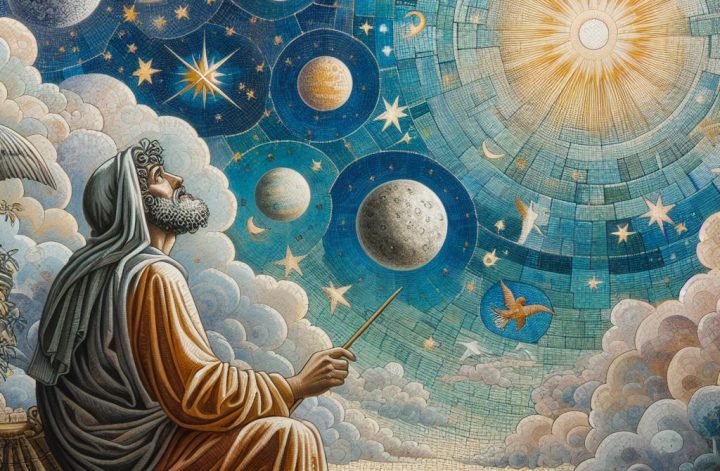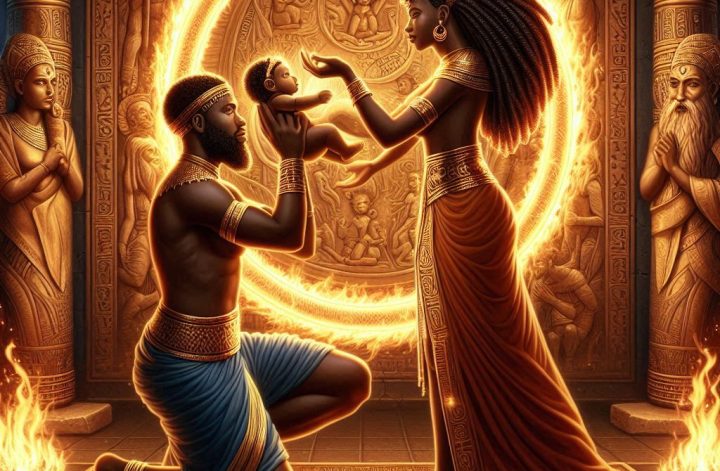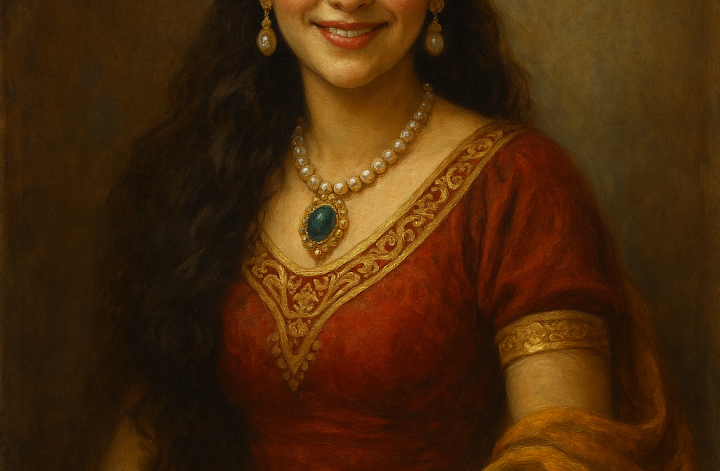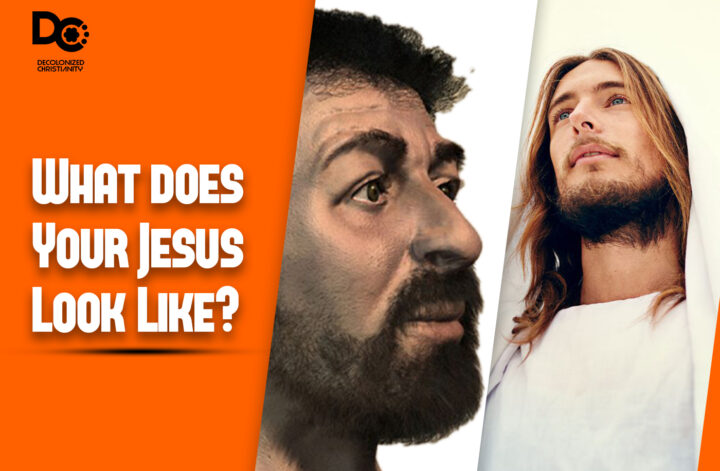In the Judeo-Christian worldview, Abraham is a big deal. Narratively, he is a type of Adam, the human who carries forward the tasks of Adam and initiates the process of undoing his errors. When humanity at Babel went south, God called Abraham out from his family to reboot the Humanity Project. Abraham was to be how God would achieve the goal of having all humans worldwide loyal to Him. However, the Bible does not say much about his prior life. We know he originated from the Ur of the Chaldeans, and we have his genealogy. That’s about it.
The Quran, on the other hand, has more to say about Abraham’s prior life. For instance, the Quran tells about Abraham turning away from paganism to embrace Allah in Quran 6, after contemplating some heavenly bodies:
Surah Al-Anaam, Verse 74:
وَإِذْ قَالَ إِبْرَاهِيمُ لِأَبِيهِ آزَرَ أَتَتَّخِذُ أَصْنَامًا آلِهَةً إِنِّي أَرَاكَ وَقَوْمَكَ فِي ضَلَالٍ مُّبِينٍ
And when Ibrahim said to his sire, Azar: Do you take idols for gods? Surely I see you and your people in manifest error.
وَكَذَٰلِكَ نُرِي إِبْرَاهِيمَ مَلَكُوتَ السَّمَاوَاتِ وَالْأَرْضِ وَلِيَكُونَ مِنَ الْمُوقِنِينَ
And thus did We show Ibrahim the kingdom of the heavens and the earth and that he might be of those who are sure.
فَلَمَّا جَنَّ عَلَيْهِ اللَّيْلُ رَأَىٰ كَوْكَبًا قَالَ هَٰذَا رَبِّي فَلَمَّا أَفَلَ قَالَ لَا أُحِبُّ الْآفِلِينَ
So when the night over-shadowed him, he saw a star; said he: Is this my Lord? So when it set, he said: I do not love the setting ones.
Verse 77:
فَلَمَّا رَأَى الْقَمَرَ بَازِغًا قَالَ هَٰذَا رَبِّي فَلَمَّا أَفَلَ قَالَ لَئِن لَّمْ يَهْدِنِي رَبِّي لَأَكُونَنَّ مِنَ الْقَوْمِ الضَّالِّينَ
Then when he saw the moon rising, he said: Is this my Lord? So when it set, he said: If my Lord had not guided me I should certainly be of the erring people.
Surah Al-Anaam, Verse 78:
فَلَمَّا رَأَى الشَّمْسَ بَازِغَةً قَالَ هَٰذَا رَبِّي هَٰذَا أَكْبَرُ فَلَمَّا أَفَلَتْ قَالَ يَا قَوْمِ إِنِّي بَرِيءٌ مِّمَّا تُشْرِكُونَ
Then when he saw the sun rising, he said: Is this my Lord? Is this the greatest? So when it set, he said: O my people! surely I am clear of what you set up (with Allah).
Surah Al-Anaam, Verse 79:
إِنِّي وَجَّهْتُ وَجْهِيَ لِلَّذِي فَطَرَ السَّمَاوَاتِ وَالْأَرْضَ حَنِيفًا وَمَا أَنَا مِنَ الْمُشْرِكِينَ
Surely I have turned myself, being upright, wholly to Him Who originated the heavens and the earth, and I am not of the polytheists.
Are any of these ideas known before the 7th century, when the Quran was compiled? Indeed. The Apocalypse of Abraham is a Jewish work dated 70-150 CE and is set during Abraham’s childhood. Here is 7:4-12 (as translated by Alexander Kulik),
7:4 Water is indeed nobler, since it overcomes fire and soaks the earth. 7:5 But I would not call it a god, since it is subjugated to the earth, running underneath it. 7:6 I would rather call the earth the noblest, since it overcomes the substance and abundance of water. 7:7 But neither would I call it gods, since it is dried up by the sun [and since it is] made for men to plow. 7:8 [So] I would call the sun nobler than the earth, since its rays illuminate the inhabited world and the various airs. 7:9 But I would not make it into a god either, since its course is obscured [both] at night [and] by the clouds. 7:10 Nor, again, would I call the moon and the stars gods, since they too in their times at night can darken their light. 7:11 Listen, Terah, my father, I shall seek in your presence the God who created all the gods which we consider! 7:12 For who is it, or which one is it who colored heaven and made the sun golden, who has given light to the moon and the stars with it, who has dried the earth in the midst of many waters, who set you yourself among the elements, and who now has chosen me in the distraction of my mind?— Will he reveal himself by himself to us?— [He is] the God!”
Abraham’s reasoning, which transitioned from natural elements to God, was documented some 500 years before the Quran. This is not to say that the Quran derived the idea from the Apocalypse of Abraham. In fact, we should expect the story, having traveled over 500 years, to have developed into various versions as people adapted it to their needs in the primarily oral cultures. However, it should be noted that having extant documents that predate the Quran by centuries and contain stories about similar subject matters as the Quran, very strongly suggests the Quran’s dependence on those earlier stories. As we shall see later, when we text-critically analyze some passages of the Quran, the Quran appears to show awareness of dependence.
We are now ready for Part 3.
Work Cited
“The Apocalypse of Abraham” translated by Alexander Kulik, 2009. https://www.marquette.edu/maqom/kuliktranslation.html





1 Comment